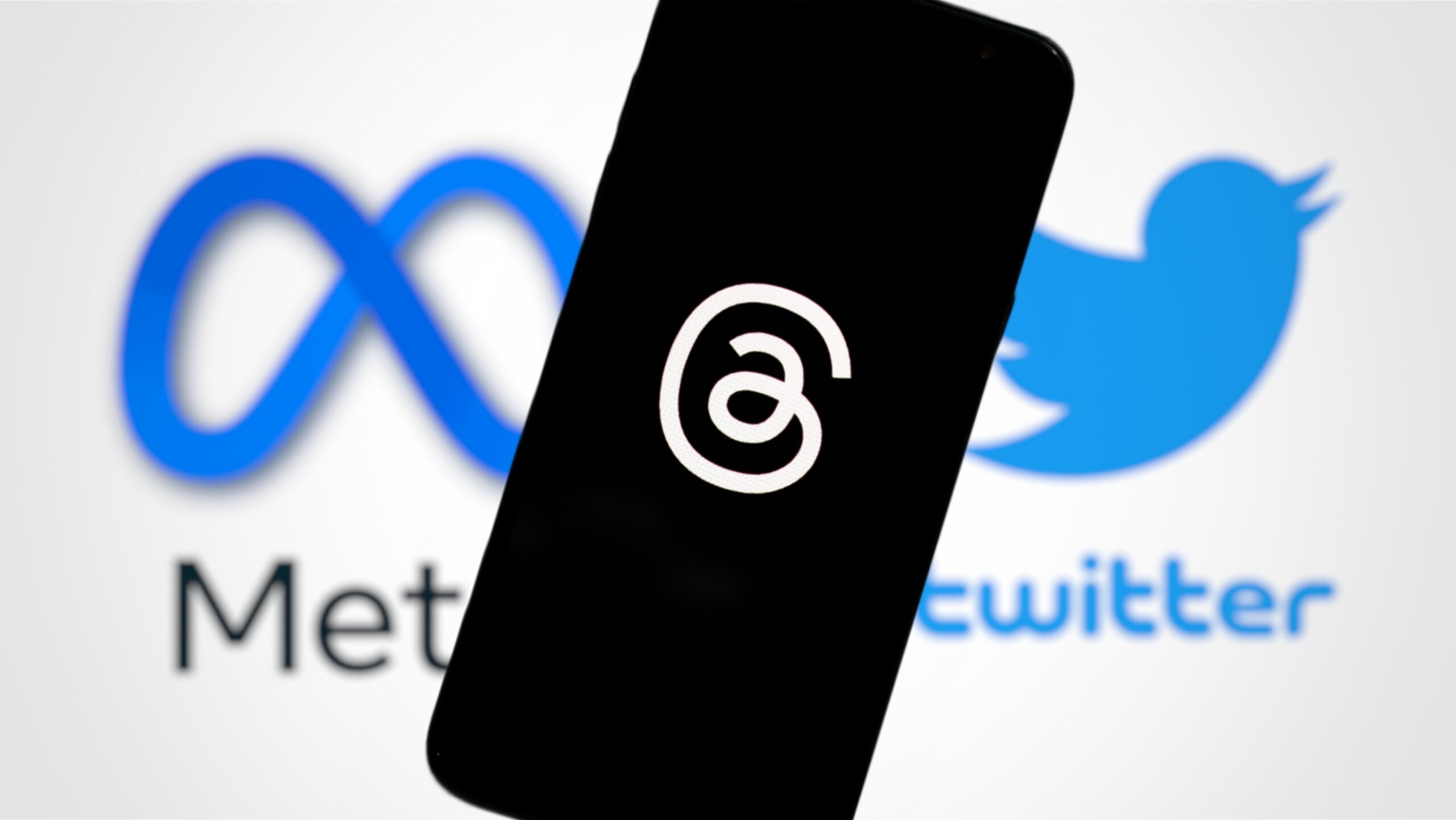K.O by Meta?
By Humphrey Ho
Last Thursday, July 6th, an earth-shattering little black icon popped on millions of screens worldwide as thousands of people rushed to download Meta’s new app: Threads. Possibly replacing Twitter’s iconic blue bird on their screens.
Threads is Meta’s retaliation against Twitter after Elon Musk announced that he would limit the number of tweets users could read daily. Part of what made Twitter enticing back in the day was the fact that there was a limited amount of characters that generated interesting conversations between users.
Limiting the number of tweets a person can read daily isn’t a strategy that users are happy with, as it has faced much backlash. Social Media is seen as a space to promote liberty of speech and freedom of expression. Limiting interactions on Twitter can be effectively seen as a form of censorship.
Meta was quick to respond to this by announcing the launch of Threads, a conversation-based app with a 500-character limit per-post and instant merge with existing Instagram accounts so that you can quickly follow all the accounts you already follow on Instagram.
In addition to the text-based post, you can attach links, photos, carousels, and videos to a thread and react to what others are posting.
This is a bold move on Meta’s part. Within seven hours after the launch, Threads already had 10+ million users and reached the 100 million users milestone in a matter of 5 days.
Meta is creating an interconnected network, which will give users the ability to migrate their data from Threads to other platforms if they decide to stop using the app. Okay Zuckerberg, we see Threads, but we raise the question: Why not launch a Super App?
We love this description of a super-app: “A super-app is like a Swiss army knife — with a range of component tools (mini-apps) that the user can use and remove as needed.” (Gartner) The best-known super-app is Tencent’s giant WeChat which is the dominant social media platform in China.
WeChat allows users to send text and voice messages, make voice and video calls, share photos and videos, play games, shop online, and make payments. It also has a social networking aspect, with features like Moments, which allows users to share photos and updates with their friends and followers.
As of 2023, Meta reported that they have 3.74 billion global monthly active users (MAUs), and WeChat has an estimated 1.671 billion monthly active users. With this leveraging power, Meta could launch a worldwide super-app, drawing upon its already existing user pool.
Meta has already announced that Threads will soon be compatible with ActivityPub, a decentralized social networking protocol, via which the app will become interoperable with other servers like WordPress, Mastodon, and Tumblr.
Users who are active on compatible apps but don’t have a Threads account will be able to participate in conversations with users on Threads and vice versa. This interconnectivity also allows developers to roll out new features and user experiences that hadn’t been possible before.
As stated by Meta: “Threads is Meta’s first app envisioned to be compatible with an open social networking protocol.” By creating an ecosystem of compatible apps, Meta has shifted the game, we are sitting at the brink of what could be a momentous shift in the way social media functions in Western society.
Super-apps focus on improving the quality of life of their users by providing personalized experiences. The integration of all of Meta’s social media platforms under one super-app could be a game changer for Zuckerberg, leading to a final knock-out against Twitter.
